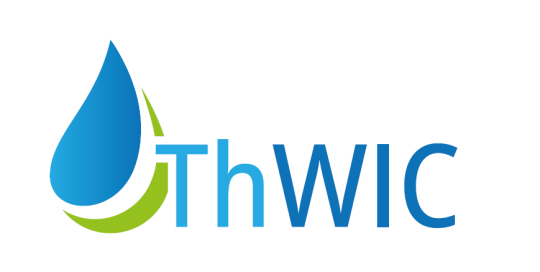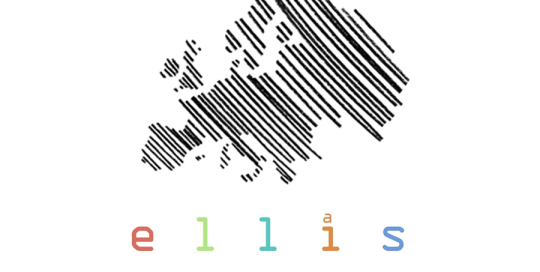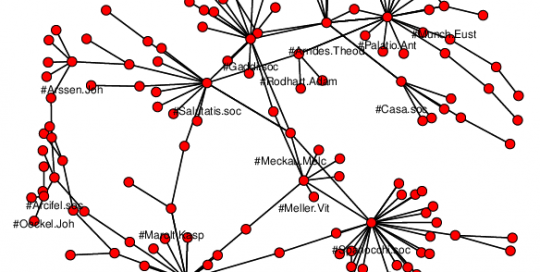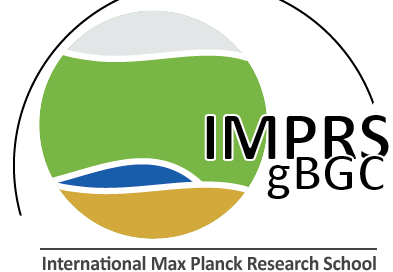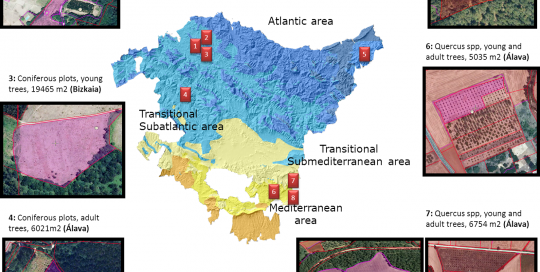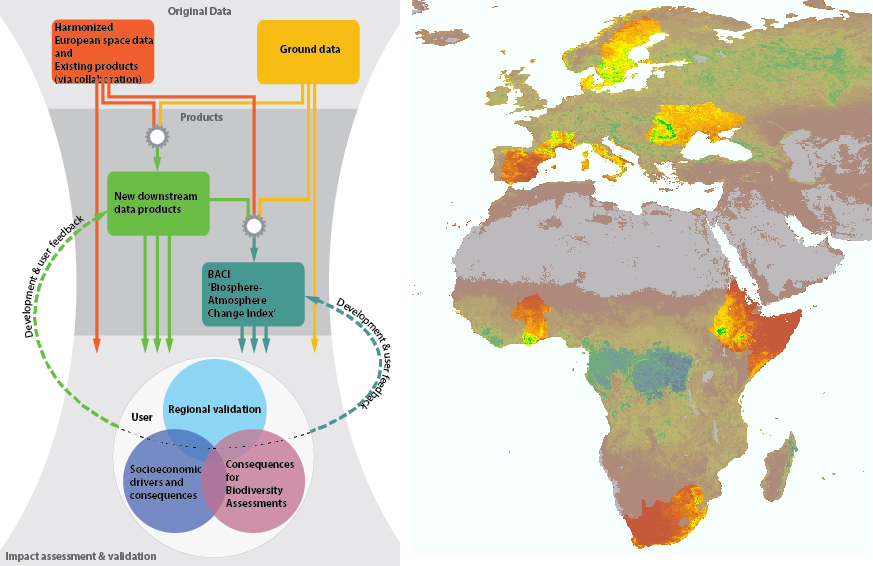ThWIC
German Federal Ministry of Education and Research
The supply of clean water is one of the greatest social challenges of the future – globally as well as in Germany. In order to avoid water scarcity and the associated potential for social conflict, new alliances are needed between research, business, the public sector and civil society. Technological innovations such as new methods of […]
THInKI 2021-2024
German Federal Ministry of Education and Research
In recent years, the term Artificial Intelligence (AI) has appeared in more and more areas of our everyday lives. A wide variety of everyday objects and devices have become “smart” and are designed to make one’s life easier. However, in addition to the development of intelligent algorithms for consumer goods, such AI methods are increasingly […]
Canarėno & simpLEX 2021-2024
German Federal Ministry of the Interior
Canarėno (Computer-aided analysis of electronically available legal norms) and simpLEX (Simplification of the creation and processing of electronic documents with the help of machine-readable standard texts and document modules) are two scientific projects investigating ways to simplify and accelerate the digitization of access to digital administrative services. In order to create forms from legal texts […]
ELLIS Unit Jena
Carl-Zeiss-Stiftung
The ELLIS unit Jena is involving two research institutions and the university at the interface between climate/environmental science and machine learning with an emphasis on scientific knowledge integration in and knowledge generation from machine learning approaches.
CORE-H 2020-2021
Pro Digital
The aim of the project "Collaborative Open Research-Environment (CORE-H): A Digital Research Environment for the Humanities. Requirement analysis and first prototypical implementation using the example of research into southwest and central German humanism" is the first step towards realising a vision of a digital and collaborative research environment for the humanities. To this end, the requirements for the research environment for historical research topics will be specified and individual functionalities will be implemented in a prototypical way.
IMPRS-gBGC
Research School
The IMPRS-gBGC in cooperation with the Friedrich Schiller University Jena and the Max Planck Institute for Biogeochemistry promote a research program offering PhD positions in global biogeochemistry and related Earth System sciences. Members from the MSCJ are involved in this research school as PhD supervisors in projects that can be encompassed under the common research topic 'Machine Learning and modeling for Earth System Science'.
Healthy Forest: 2015-2019
EU-Project
The EU LIFE Environment and Resource Efficiency project „Healthy Forest” aims to design and apply advanced methodologies to achieve a more sustainable forest management in the field of control and prevention of forest decline caused by invasive and pathogenic agents. An important step toward this objective is the development of an early detection system and monitoring of forest health in the field, in the laboratory and by remote sensing. The sub-project conducted by the Geographic Information Science (GIScience) group at the Department of Geography of the University of Jena focuses on spatial modeling of forest disease potential at the regional scale, and on the application of computational and statistical techniques to identify significant predictors of forest decline in high-dimensional hyperspectral remote-sensing data.
BACI: 2015-2019
EU-Project
The integration of ground and space observations leads to a series of new downstream products (light green) that can be either directly interpreted by the user community, or ingested to a statistical system that translate these variables to a general index of change. User community needs to competently address societal challenges will already be integrated during the development of the new analytical and assessment strategies.
